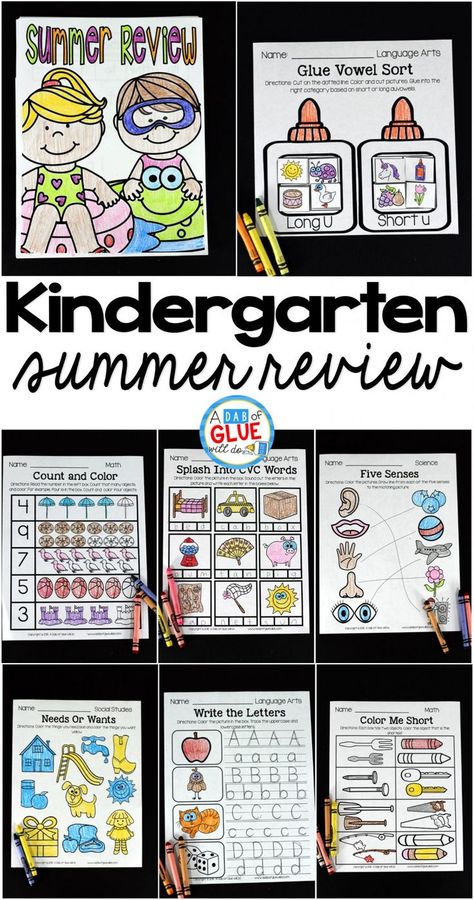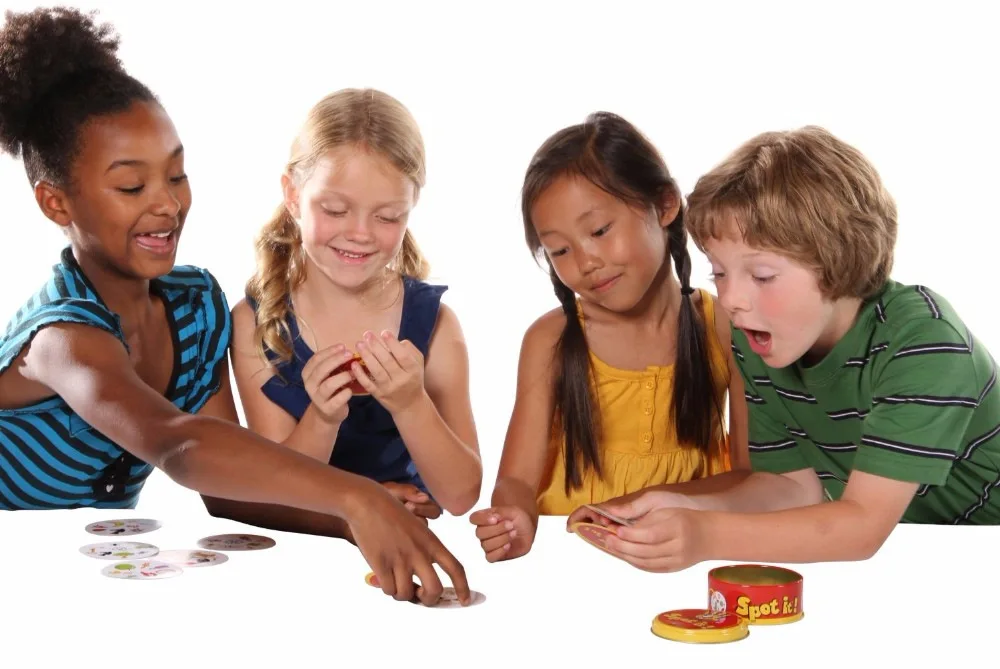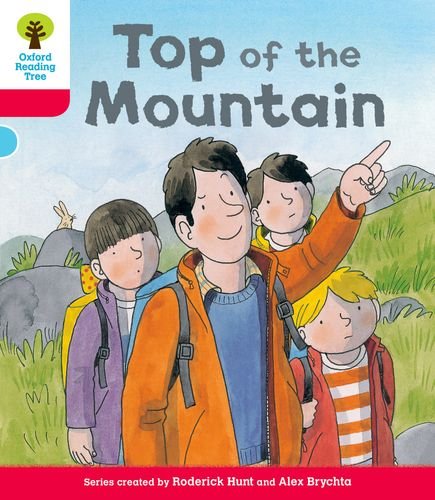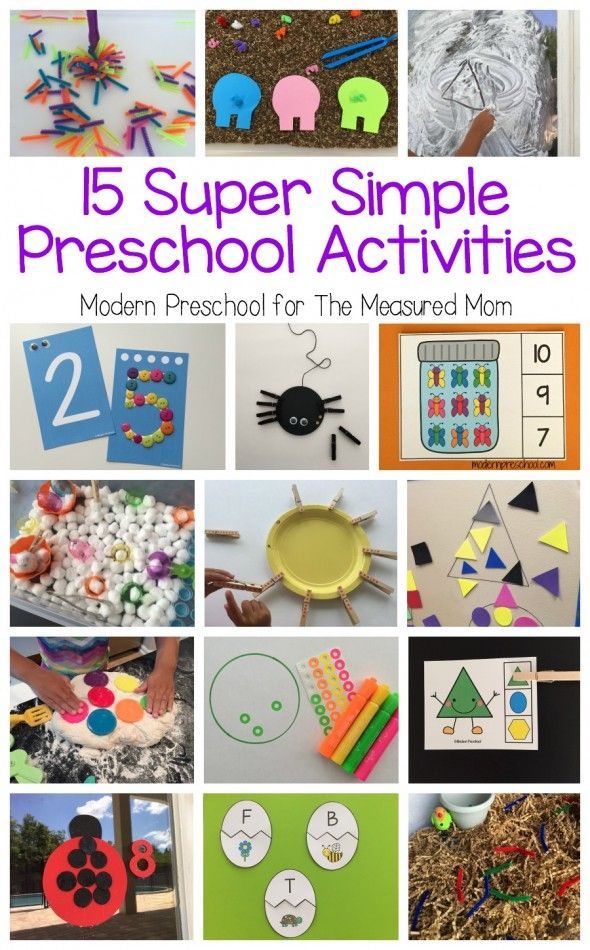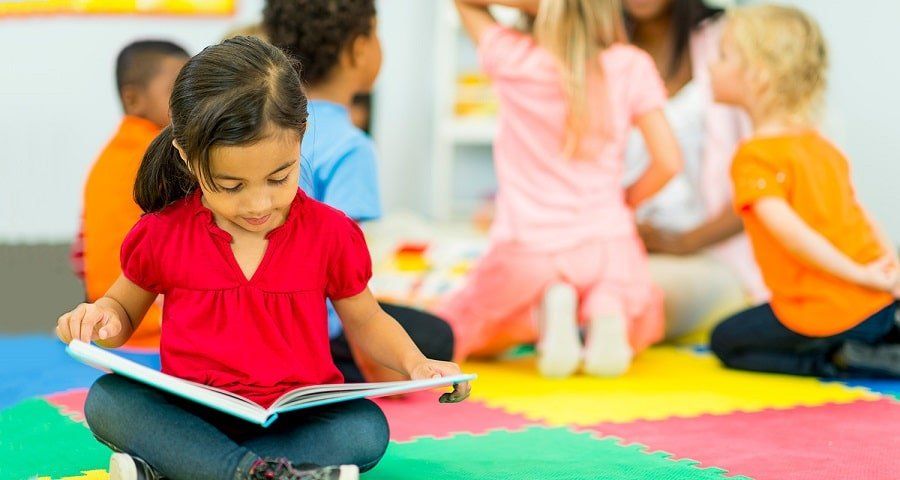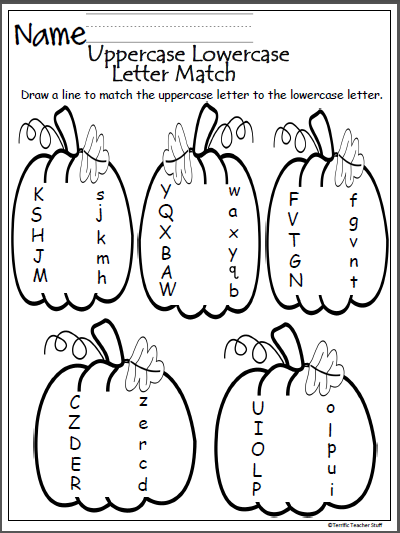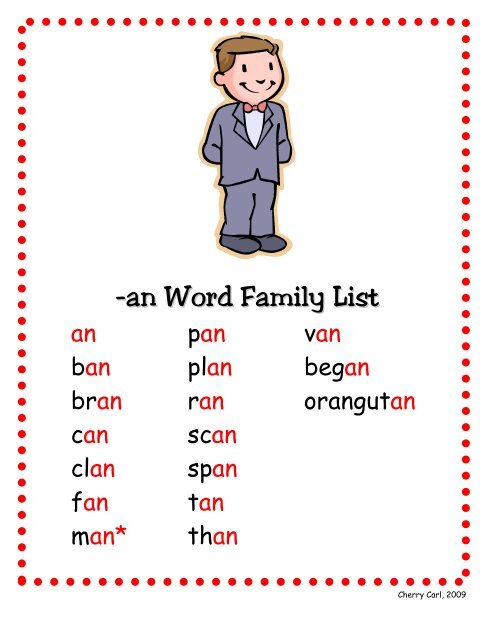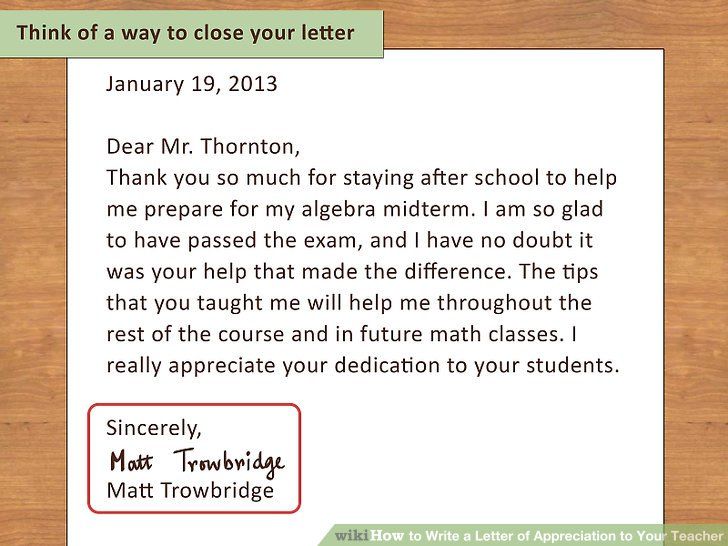Preparation for kindergarten checklist
Kindergarten Readiness Checklist - All About Kids
Kindergarten Readiness Checklist - All About KidsKindergarten Readiness Checklist
- By aakids
- Feb 16, 2021
- 0 Comment
Many parents are preparing to sign their children up for Kindergarten this time of year. Some parents find themselves asking if their child is ready for Kindergarten or would another year of Pre-K suit them better. Learn about the type of skills that are expected of a Kindergarten student.
Language skills
- Speak in complete sentences and be understood by others most of the time
- Use words to express needs and wants
- Understand two-step directions
- Make comparisons and describe relationships between objects like big/little, under/over, and first/last
Reading readiness skills
- Enjoy listening to stories
- Know how to find the first page of a book and which way to flip the pages
- Recognize familiar logos and signs, like stop signs
- Recite the alphabet and identify most of the letters
- Recognize and try to write their own name
- Recognize when two words rhyme (like cat and bat)
- Start to connect letter sounds to letters (like the sound of the first letter in their name)
- Draw a picture to help express an idea
Math skills
- Count from 1 to 10 without skipping numbers
- Match a number to a group of five or fewer items (“I see three cats”)
- Recognize and name basic shapes (square, circle, triangle, rectangle)
- Understand more than and less than
- Arrange three objects in the right order (like from smallest to biggest)
- Name or point to the colors in a box of eight crayons
Self-care skills
- Use the bathroom and wash up on their own
- Get dressed on their own (but may still need help with buttons, zippers, and shoelaces)
- Know and can say their first and last name and age
Social and emotional skills
- Separate from a parent or caregiver without getting overly upset
- Interact with other kids
- Pay attention for at least five minutes to a task an adult is leading, like listening to directions for an activity or discussing the day’s weather during circle time
Fine motor skills
- Use a pencil or crayon with some control
- Use scissors
- Copy basic shapes
- Make distinct marks that look like letters and write some actual letters, especially the ones in their name
- Put together a simple puzzle
Gross motor skills
- Run
- Jump with feet together
- Hop on one foot
- Climb stairs
- Bounce a ball and try to catch it
© 2022 All About Kids Childcare and Learning Center. All Rights Reserved.
Design by: Web Strategy Plus
↑Kindergarten Readiness Checklist | Understood
When kids are getting ready for kindergarten, many families wonder about academic skills. But self-care and social and emotional skills are important for kindergarten readiness, too. For example, does your child need help using the bathroom? Learn about the different kinds of skills kids are expected to have when they start kindergarten.
Language skills
- Speak in complete sentences and be understood by others most of the time
- Use words to express needs and wants
- Understand two-step directions
- Make comparisons and describe relationships between objects like big/little, under/over, and first/last
Reading readiness skills
- Enjoy listening to stories
- Know how to find the first page of a book and which way to flip the pages
- Recognize familiar logos and signs, like stop signs
- Recite the alphabet and identify most of the letters
- Recognize and try to write their own name
- Recognize when two words rhyme (like cat and bat)
- Start to connect letter sounds to letters (like the sound of the first letter in their name)
- Draw a picture to help express an idea
Math skills
- Count from 1 to 10 without skipping numbers
- Match a number to a group of five or fewer items (“I see three cats”)
- Recognize and name basic shapes (square, circle, triangle, rectangle)
- Understand more than and less than
- Arrange three objects in the right order (like from smallest to biggest)
- Name or point to the colors in a box of eight crayons
Self-care skills
- Use the bathroom and wash up on their own
- Get dressed on their own (but may still need help with buttons, zippers, and shoelaces)
- Know and can say their first and last name and age
Social and emotional skills
- Separate from a parent or caregiver without getting overly upset
- Interact with other kids
- Pay attention for at least five minutes to a task an adult is leading, like listening to directions for an activity or discussing the day’s weather during circle time
Fine motor skills
- Use a pencil or crayon with some control
- Use scissors
- Copy basic shapes
- Make distinct marks that look like letters and write some actual letters, especially the ones in their name
- Put together a simple puzzle
Gross motor skills
- Run
- Jump with feet together
- Hop on one foot
- Climb stairs
- Bounce a ball and try to catch it
How to help your rising kindergartner
Kids develop skills at different rates.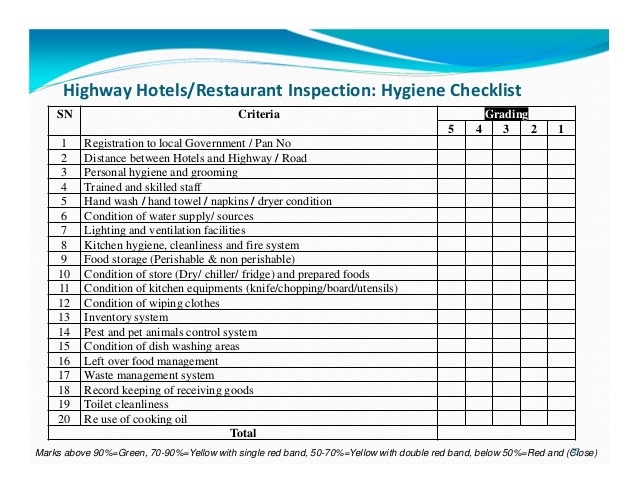 It’s not unusual for kids to have strong skills in one area and weak skills in other areas. Some states use kindergarten readiness tests to get a sense of which early learners might need extra help in some areas.
It’s not unusual for kids to have strong skills in one area and weak skills in other areas. Some states use kindergarten readiness tests to get a sense of which early learners might need extra help in some areas.
If you’re concerned your child isn’t ready for kindergarten, talk with your child's preschool teacher and work together to come up with a plan to address any trouble spots. You might also want to talk with your child’s health care provider. Learn about the pros and cons of delaying kindergarten for a year.
If your child is headed for kindergarten, explore these steps for a smooth transition. You might also want to see a set of videos on what kindergarten academic skills look like in action.
Key takeaways
Kids develop skills at different rates and might be strong in some areas and weak in others.
Some states use kindergarten readiness tests to see if kids need extra help in certain areas.
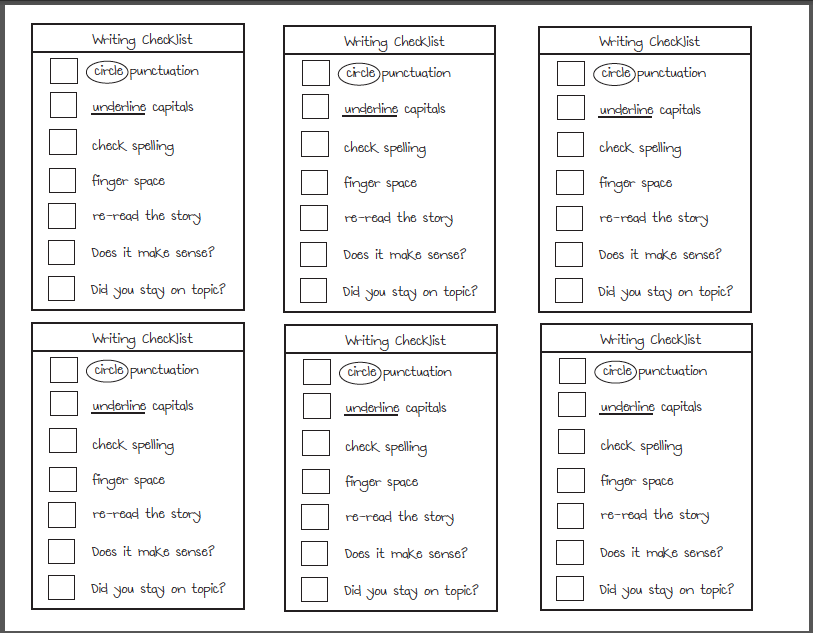
If you’re concerned your child might not be ready for kindergarten, talk to your child’s preschool teacher about how to help.
Tell us what interests you
About the author
About the author
Amanda Morin is the author of “The Everything Parent’s Guide to Special Education” and the former director of thought leadership at Understood. As an expert and writer, she helped build Understood from its earliest days.
Reviewed by
Reviewed by
Kristen L. Hodnett, MSEd is a clinical professor in the department of special education at Hunter College in New York City.
Checklist before the first trip to kindergarten
Going to kindergarten is a very important and crucial moment in a child's life. Like it or not, this is your child's first social experience. However, for it to be really useful, you need to take the preparation seriously! It is in your power to do everything possible so that the baby's adaptation to new conditions and unfamiliar surroundings is as painless as possible.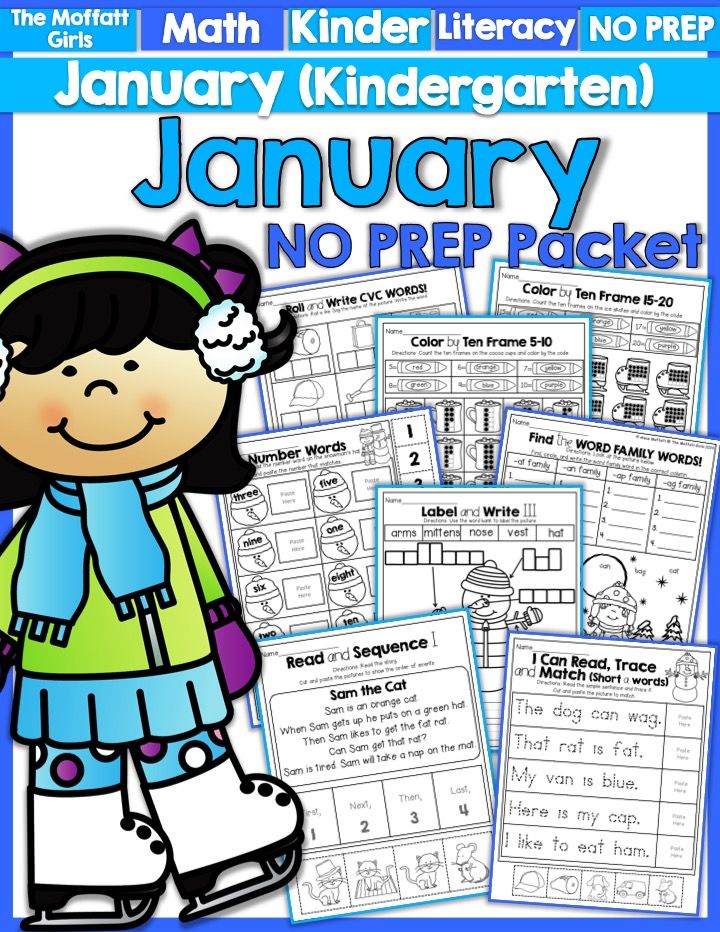
When can you go to kindergarten?
Nursery groups accept children from the age of one and a half, but still the optimal age for going to kindergarten is 3 years. Three-year-olds can already dress themselves, eat, and, at least in an understandable way, talk about their wants and needs.
So where do you start preparing?
Photo by BBC Creative on Unsplash
1. Psychological preparation
New conditions and the rhythm of life are a lot of stress even for adults, let alone a child. That is why, before the first visit to the kindergarten, it is worth discussing this issue with the baby, telling him about the institution he will go to and the people he can meet there. You can also play "kindergarten" with your child at home. Let him be a teacher, and toys - children.
Good help in psychological preparation is provided by books about kindergarten. For example, such as a cycle of therapeutic fairy tales Zuli Stadnik "Kindergarten on Wheels" , a collection of perky poems by Ksenia Valakhanovich "Kindergarten of my dreams" and the new "Archipelago" (already available for pre-order) - eco-friendly and kind book by Maya Bessonova about the first week in kindergarten – “Anna goes to kindergarten tomorrow” .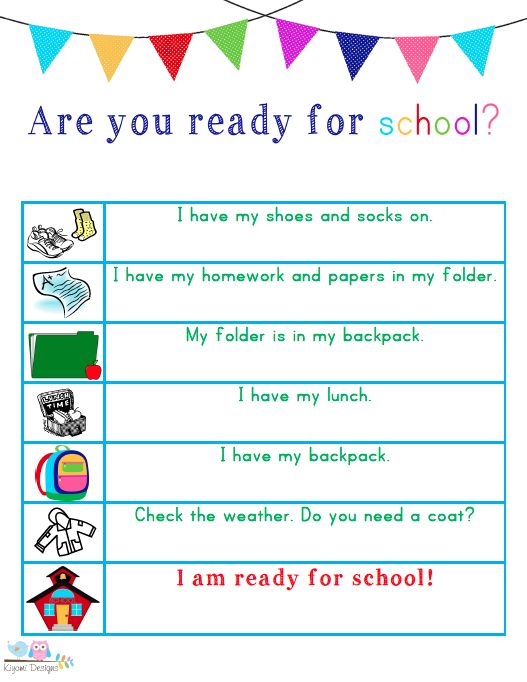
Photo by CDC on Unsplash
2. Socialization experience
If possible, try to teach your child to meet and communicate with other children before the first trip to kindergarten. You can, for example, communicate with parents and children at playgrounds or visit a baby club with your child. So he will feel calm surrounded by unfamiliar peers and will be able to quickly make new friends.
3. Daily routine
A sharp change in the daily routine is also a considerable stress for both the child's psyche and his body as a whole. Therefore, it is better to accustom children in advance to a certain daily routine: meals at the same time, a quiet hour, scheduled walks. It is worth doing this gradually, every day making the child's daily routine more and more similar to the schedule in the kindergarten.
4. Independence
If you intend to send your child to kindergarten, then teach him basic skills. He must be able to eat, dress, go to the potty and fall asleep on his own.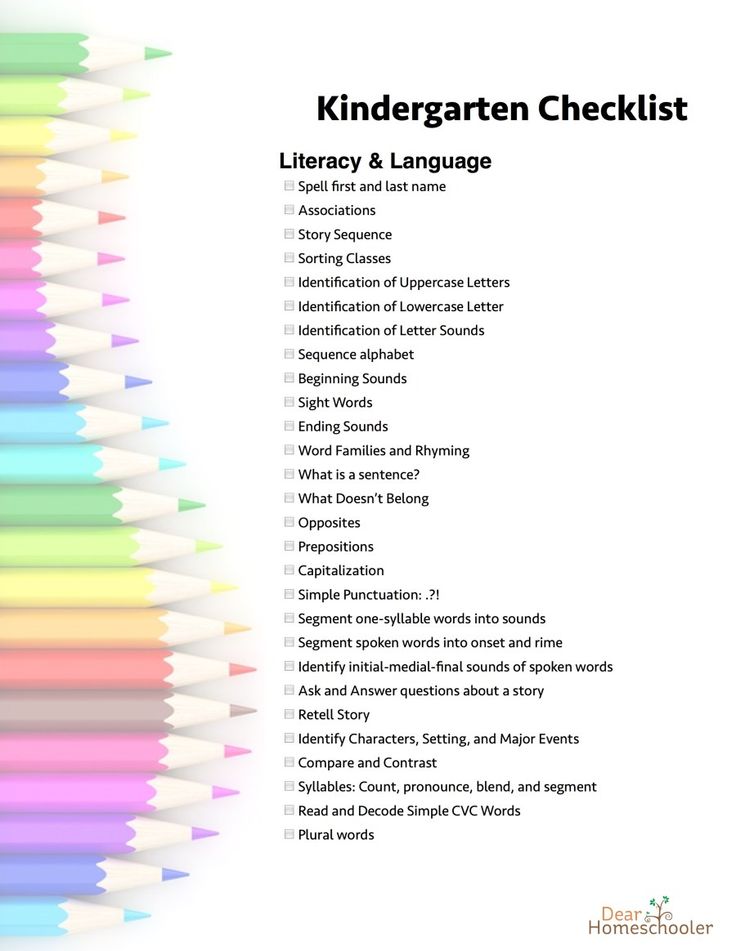 Yes, educators can help with all this, but your child is not alone in the group. And so you save the time of the teacher, and your baby will feel more comfortable.
Yes, educators can help with all this, but your child is not alone in the group. And so you save the time of the teacher, and your baby will feel more comfortable.
Photo by Gabe Pierce on Unsplash
5. Parent training
If you think that only a child needs to be prepared for kindergarten, then you are mistaken. Parents need to prepare too! Firstly, it is worthwhile to clearly define who and when takes the child to the kindergarten and picks him up from there. Secondly, parents should be psychologically prepared for the fact that their child will be away from them throughout the day.
By following all these points, you can make the first trip to kindergarten as painless and enjoyable as possible for yourself and your child.
And on August 23, the publishing house "Archipelago" invites parents of future kindergarteners to the annual online festival "Preparing for kindergarten and school" . Together with educators, psychologists and children's reading experts, we will discuss how books and reading in the family circle can help adapt to kindergarten and school, how extracurricular reading affects academic performance, how to create a comfortable and supportive environment, and much more.
The program of the event can be found on link .
What is important to teach a child before kindergarten: a detailed checklist
To send a child to kindergarten, the desire of parents alone is not enough. It is important that the baby can psychologically do without a mother. There are other skills that it is desirable to instill in a child by the time they enter kindergarten. Together with Nestogen® 4 baby milk, we have compiled a detailed checklist.
For advice, we went to the mother of three children, the owner of a family center and a master's degree in psychology Katerina Kovrova . The Belarusian graduated from the special faculty of social pedagogy and practical psychology in Minsk, trained in the USA, Sweden, Germany and other countries. But the main life experience has received thanks to the children. The older ones are already schoolchildren (16 and 11 years old), and the younger Bogdan is 1.9.
Just now, the mother is gradually preparing her child for kindergarten, taking into account the mistakes of the past years.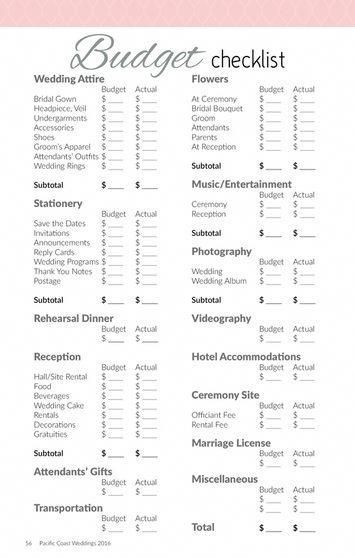 With the eldest daughter, the parents put the child to bed at a time when it was convenient for adults. Because of this, the child did not live exactly according to the regime adopted in kindergarten, it took time to readjust.
With the eldest daughter, the parents put the child to bed at a time when it was convenient for adults. Because of this, the child did not live exactly according to the regime adopted in kindergarten, it took time to readjust.
The middle son went to kindergarten after he had the flu and Katerina was worried that he would get sick again. This anxiety played against the family - as a result, the child began to fully go to the garden closer to 4 years. But in general, the older children in the Kovrov family loved the kindergarten very much, they had excellent relations with the teachers.
Katerina plans to send Bogdan's youngest son to kindergarten closer to 3 years.
From her own experience, Katerina was convinced that such a social group as in kindergarten is difficult to find in the sandbox or in circles. In the garden, the child gets stressful for himself, learns to interact with a variety of children and adults - and this is a wonderful experience. But before you approach a new stage, here's what you want to teach your son or daughter.
Follow the daily routine
In the garden, children live according to a clear schedule, and if your child is not used to eating-sleeping-playing according to a certain schedule, it will be difficult for him. This is exactly what happened to Katerina with her eldest daughter.
- At that time we worked and studied a lot, went to bed late and followed the principle that it is the child who should adapt to adults, and not we to him. As a result, we had problems with sleep: late bedtime entailed other problems. When everyone sat down to have breakfast, we only came when we went to bed in the afternoon - she began to play with interest. It was difficult to readjust.
Katerina really wants to avoid such an experience with Bogdan, so she is already trying to live with her child according to the kindergarten schedule.
Follow the rules
If absolutely everything is allowed in the family, there are no clear rules, the kindergarten will seem like a real prison to him, because there “strict aunts” are constantly “demanding something”.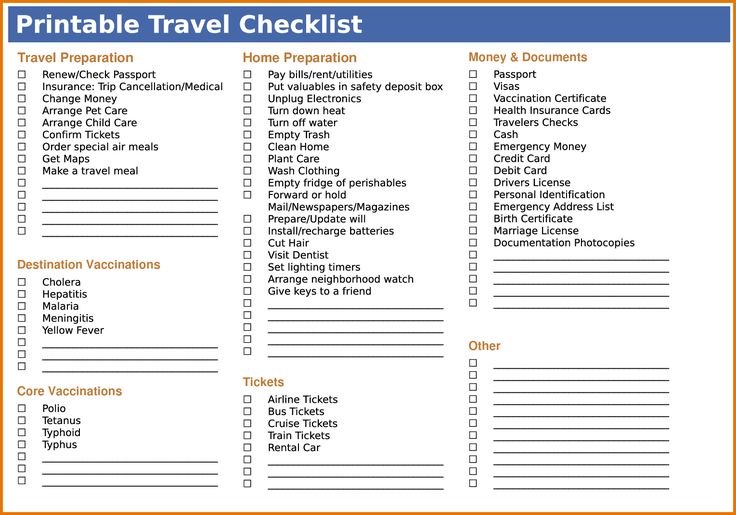
— To avoid such an attitude, it is important to establish boundaries and rules in the family. For example, Bogdan eats only at the table (although he tried to climb onto the table more than once, but we insistently explain that this is not allowed). Before going to bed, he already puts his clothes on the chair, that is, he gets used to the fact that there is a certain order in the house that is important to follow.
Eat with a spoon, drink from a cup
When a child feels confident at the table, he will be happy to wait for breakfast and lunch in the garden. And it will be easier for caregivers when the child can fully eat on his own.
Katerina emphasizes that a baby is unlikely to learn to eat neatly in a week. You need to put him at the most simple table that is easy to clean, give a spoon and be patient. Do not be afraid that everything around will be dirty. Only in this way will the child learn to do without your help while eating.
— Another important point: teachers from kindergartens tell me that nowadays children often cannot chew.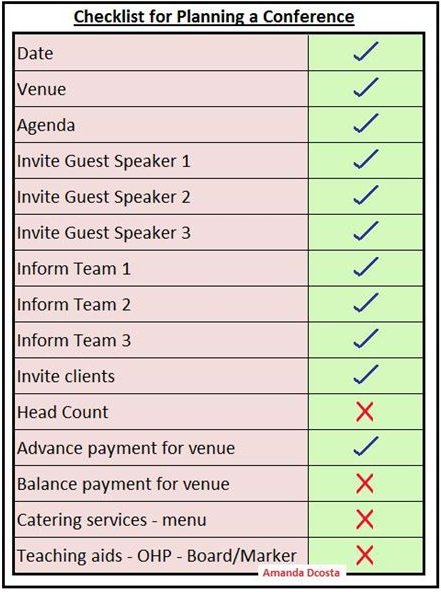 This is due to the fact that mothers use a blender for a very long time and do not give solid food. Here you need to fight your fears and accustom the child to the pieces in time.
This is due to the fact that mothers use a blender for a very long time and do not give solid food. Here you need to fight your fears and accustom the child to the pieces in time.
Teaching to drink from a cup is also an important task. With Bogdan, for example, my mother avoided bottles and drinkers and immediately gave him a plastic cup.
Eat a variety of foods, try new things
Interest in different tastes also needs to be taught. Why is it important? The kindergarten menu is quite varied, Katerina explains. Moreover, in the diet of children there are such dishes that many families today forget about: beetroot salads, casseroles, stewed cabbage, squash caviar. If the child is not familiar with this food, it will be difficult for him.
— It happened to me with my middle son. We did not accustom him to garden food, and he could sit over a plate for 30 minutes. It’s good if the teacher says: “If you don’t want to eat, get up.” But some require that the child eat everything to the end.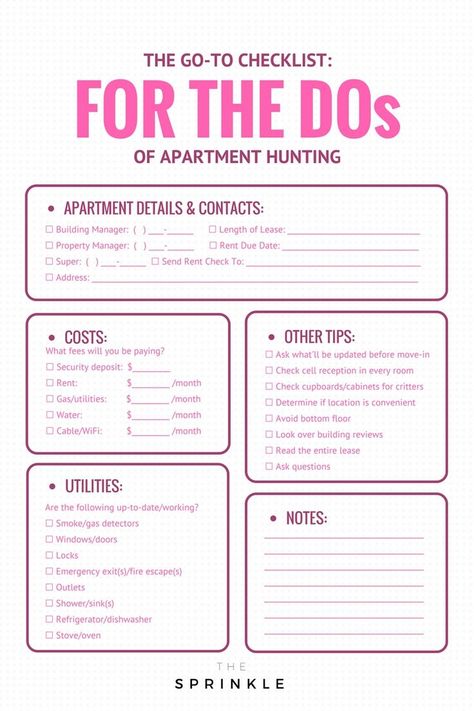 Therefore, Bogdan, for example, now eats everything with me: raw cabbage, and herring with potatoes, and drinks jelly. In general, I recommend that mothers find out in advance the menu in kindergarten and try to cook something similar.
Therefore, Bogdan, for example, now eats everything with me: raw cabbage, and herring with potatoes, and drinks jelly. In general, I recommend that mothers find out in advance the menu in kindergarten and try to cook something similar.
Learn hygiene skills
By the age of 3, the child should already be able to go to the toilet by himself, take off his panties and put them on, and then be sure to wash his hands. All these skills are trained gradually - first you help the child, explain what soap is, why microbes are bad, and then you simply control the process, bringing it to automaticity. It is important that the child remembers hygiene without your prompts and reminders.
With potty training, it's also important to make sure it's a smooth process. It will be easier if the child has a well-established digestion process and the tummy works like a clock.
— My Bogdan still doesn't have all the signs of potty readiness, we plan to thoroughly address this issue in the summer, when it will be warm and there will be less clothes to wash.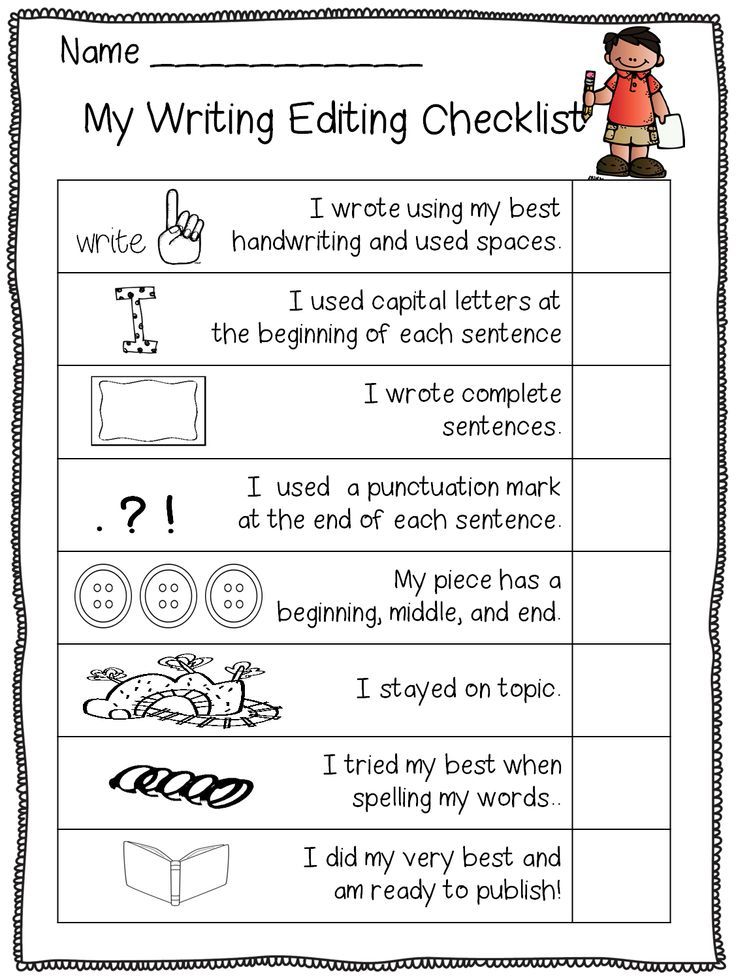 But now we have a pot, and it always stands in its place. I think that this issue should not be delayed. Although when I was an intern in America, I saw that some children go in diapers almost to school.
But now we have a pot, and it always stands in its place. I think that this issue should not be delayed. Although when I was an intern in America, I saw that some children go in diapers almost to school.
Know how to dress and undress independently
By the age of 3, a child is unlikely to be able to button up all his clothes with buttons or pull on tights, but to put on a simple blouse, T-shirt, put on sandals with a simple fastener - all this child is desirable to learn.
- It often happens that a mother is in a hurry and dresses the child herself, thereby taking away from him the coolest school of early development that can be. I usually reassure myself like this: now, when the child himself puts on this blouse, I spend time as efficiently as possible. This is equivalent to the fact that I will go to classes with the coolest early development teacher. After all, kids develop best in simple everyday things - this is learning for them.
Fall asleep without mother
Daytime naps must be scheduled, and it is desirable to adjust it to the time when the children sleep in the garden.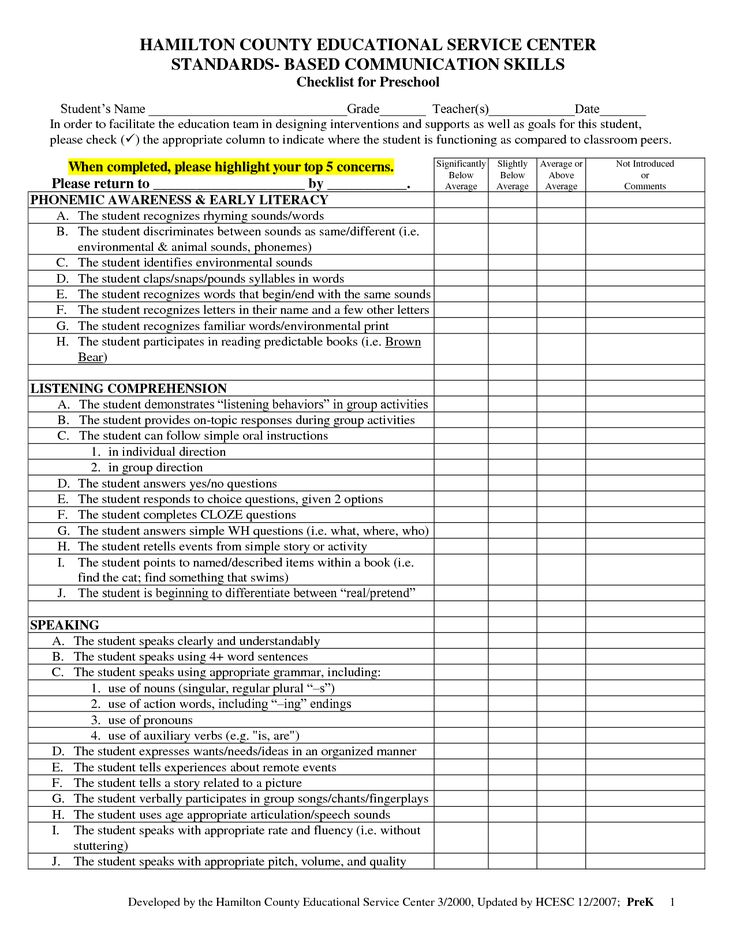
— Of course, it is better if the child knows how to fall asleep on his own, because the mother will not be around in the garden. Now there are many methods on how to do this, even marathons on the Internet on this topic are held. I can say that breaking habits is always more difficult, so it is advisable to accustom the child to independent sleep as early as possible. Right now we started to teach Bogdan: he falls asleep on his own, but then he can come to us, we shift several times to his bed, and then give up. But in the near future we will proceed to plan B, and I will not give up.
Clean up toys and books
When the child starts kindergarten, he will be required to keep order in the group. It is better to teach this to the baby in the family. If the child cannot collect all the toys at once, let him collect a part, and his mother will help him with the rest, Katerina advises.
Over time, you need to give the child more and more independence in this matter and learn to keep order.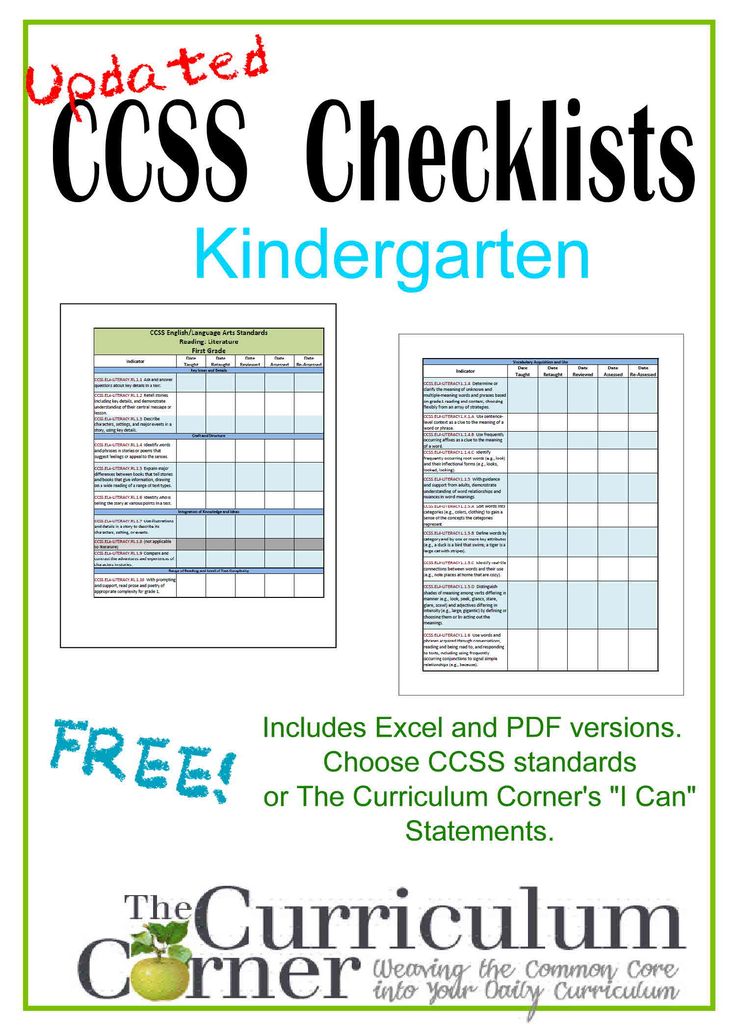 "Is everything clean?" Ask your child this question at the end of the game.
"Is everything clean?" Ask your child this question at the end of the game.
Communicate with other children, share toys
It is better if the child begins to develop communication skills even before he finds himself in a full-fledged children's team.
- We have a playground and a sandbox on the site, but we still go to the park with other children (due to the epidemiological situation, doctors recommend temporarily avoiding public places - ed. note). It is important that the child learns to interact with other children. And the mother should stop herself and not try to solve all the problems for the child, otherwise he will always wait for help from the parents. Let in small things, using the example of a conflict with someone else's shoulder blade, the child learns to look for solutions to complex issues.
Make up your own games and entertain yourself
Play is the most important activity for a preschool child. At the same time, it is not at all necessary to buy a lot of toys for a child, otherwise it will be more difficult for him to show his imagination, Katerina believes.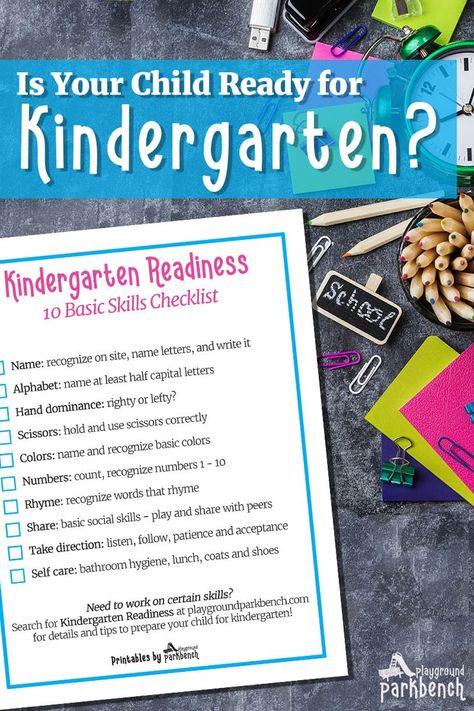 In kindergarten, the ability to come up with different games with the same toys will be very useful for a child.
In kindergarten, the ability to come up with different games with the same toys will be very useful for a child.
- Our toys fit in one box, and I am convinced that the child does not need more. The child plays with sticks, with home-made dough, with a mop, a bucket, can unscrew the lids from shampoo jars for a long time (do not throw them away!). I am convinced that the home is the ideal developmental environment for a child.
Of the developmental activities that should be offered to children under 3 years old, Katerina lists everything related to physical development. Horseback riding, sensory track walking, ball games, curb walks (this is a great balance exercise). Do not forget about fine motor skills, because in the garden the child will hold a pencil and draw with paints. But if the child has no interest in drawing, Katerina advises not to force. Let him sculpt from the dough, pick up garbage from the floor (and thereby train the pinch grip), wring out rags - in general, help in everyday life.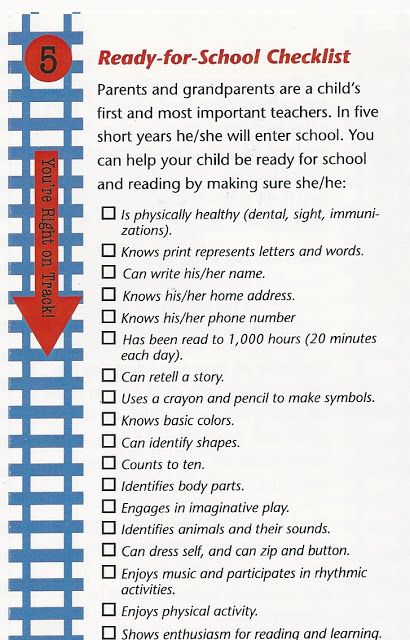
Can do at least a few hours without a mother
And, of course, it is important to gradually accustom the child to be without a mother, Katerina advises. It is better not to leave immediately for several hours, but to start with 10 minutes.
— One must be prepared for the fact that the child will cry, but the absence of mother for 10 minutes is the stress that he can withstand. Do not be afraid of tears, as the child's emotions are normally manifested. At the same time, it is very important that the mother does not disappear in an unknown direction, but says goodbye to the child, saying when she returns.
If even before kindergarten you separated from your child from time to time for a short period of time, it will be easier for both mother and child to survive the separation in the future.
And a few more life hacks from Katerina Kovrova
— Tell your child what a kindergarten is. During walks, show where it is, and be sure to go to the garden in the evening when no one is there.